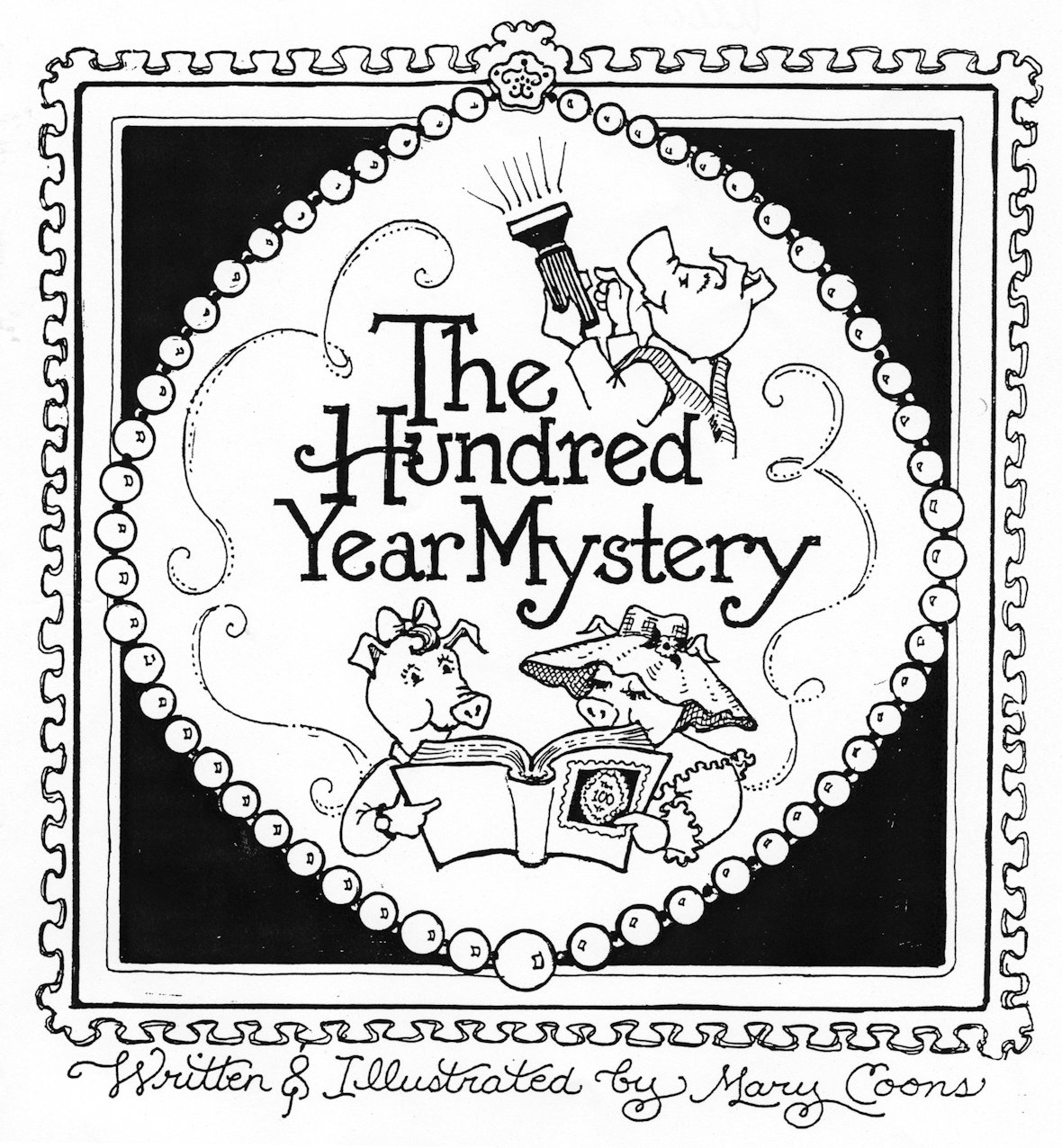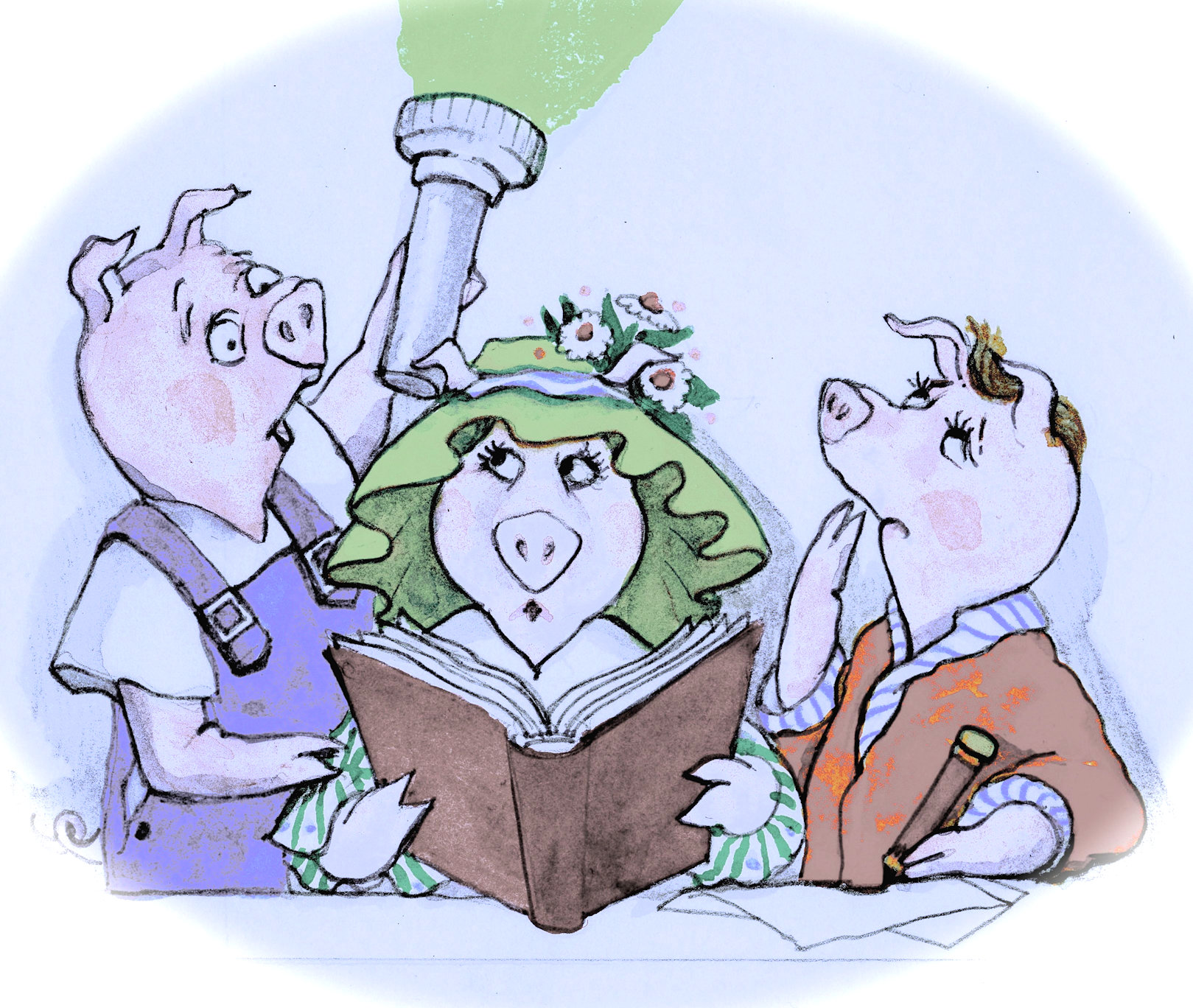





|




|
When I'm sketching ideas on those graph paper pages, I feel more creative, and the ideas just flow! |
|

Ty Cobb holds Major League Baseball's record for best lifetime batting average-- 3.67--and has done so since 1928. He is at the same time remembered for having a waspish temper, a loose grip on fair play and for being a racist. The lead article in last month's Imprimus http://imprimis.hillsdale.edu/who-was-ty-cobb-the-history-we-know-thats-wrong/ demonstrates that the only verifiable fact listed above is the batting average, but the legendary nastiness is more attached to Cobb's name than are the impressive numbers.

King Richard III of England is notorious for having had his two young nephews, aged nine and twelve, murdered to secure his right to the throne. Being that the mystery is more than 500 years old, fresh facts are hard to come by, but Richard has groups of ardent supporters who say he didn't do it, and will happily tell you why. Josephine Tey wrote The Daughter of Time about it, using the unusual format of a fictional detective story to lay out the factual reasons for exonerating Richard. Her book has spawned entire societies who lobby to restore the king's good name--and is usually on short lists of the best mysteries ever written. (I recommend it highly.) Both Cobb and Richard have been villified by history. Cobb's bad reputation springs from a book written about him by an author who clearly didn't like him. That book is the source for subsequent reporting, including Ken Burns's take in the Baseball documentary. The major histories that paint Richard as a murdering blackguard were written by political enemies seeking to justify his successor's tenuous claim to the throne, says Tey. In both cases, what we "know" from history is either wrong or open to question. Something about this fascinates me. The naive girl who believed her school history textbooks, aka me, is scandalized. The avid reader of every British mystery she could get her hands on--aka me, too--can't stop reading anything on any such subject. The subject so intrigued me that I wrote a book about it. Of course I used talking pigs on an all-pig planet to act out the story; what else would you use? It involved a century of theft and defamation that (spoiler alert!) springs from a bygone enemy who had access to Pigville's history books. It seemed to me that the only way to let history play out clearly on the pages of a book, as if it were as much a character as its heroes from the Pigly family, was to have it be history that no one reading the book already knew about. Hence the Pigly family and the century of slander and contempt that they fight to overcome. (Click here for more about The Piglys and the Hundred-Year Mystery.)

The intriguing factor, in the cases of Cobb, Richard and my pigs, is that no one involved in repeating the untruths today is being malicious. No one has a vested interest in getting our current Queen Elizabeth off the throne because maybe Richard III wasn't a killer. No one wants to oust Cobb from the Hall of Fame, to my knowledge. My pigs are viewed, far and wide in their world, as useful idiots because history books say that's all their family ever amounted to. But most of the citizens of Pigville treasure no ill will against the Piglys, they just think they know their history, and that history determines their present.

History is powerful. It colors, not only our views of historic figures, but also our perspectives on life. Do we believe that conspiracies govern what happens on planet Earth? There are histories that will support us. Do we believe random chance is the prime mover in the events of this life? We can find support for that, too. Does Divine Intelligence guide history? I think it does, but my belief springs from faith. I think there's plenty of evidence, but I recognize that anyone with any point of view can assemble evidence to support it. We tend to transform the history we think we know into the cloud of beliefs, prejudices and factoids that we use to navigate through life. History isn't just dry events laid out in dull books; bits and snippets of it waft their way into daily life. All of America looks askance at political leaders since Richard Nixon. Everyone with a leaning toward plots and intrigue wonders if Lee Harvey Oswald acted alone, and wonders, maybe just a little, about every subsequent high-profile killing. I marvel at historical accounts of George Washington and how his life seemed to have been preserved miraculously any number of times, and look around me with eyes prone to see miracles. It's my slant on things. Most of us have our slant; most history we read has its slant, too. History is packed full of detail, and various historians choose various details to include, exclude, and emphasize. Wise and canny choices make for better histories, but there's plenty to choose from. You can read three different accounts of the famous Borden murders in Fall River, Massachusetts back in 1892 and come to three different conclusions about Lizzie Borden's character and who dunnit, all based on various details culled from the same set of events. It's up to the reader to choose. The way we view history is a choice. We choose the view of history that fits our view of the world, often without knowing more that might cause us to rethink and go deeper. I would end--because this post has become too long already--by saying that investigating history can lead us into deeper waters and richer understandings. The astonishing amount of stuff that has happened over the past fifty centuries gives us a lot of material to ponder, and a good ponder deepens understanding. Doing so will color, not only our past and our take on history, but also our present and eventually our future.
|
Blog posts by category:
Art -
Storybook Neighborhood -
Books